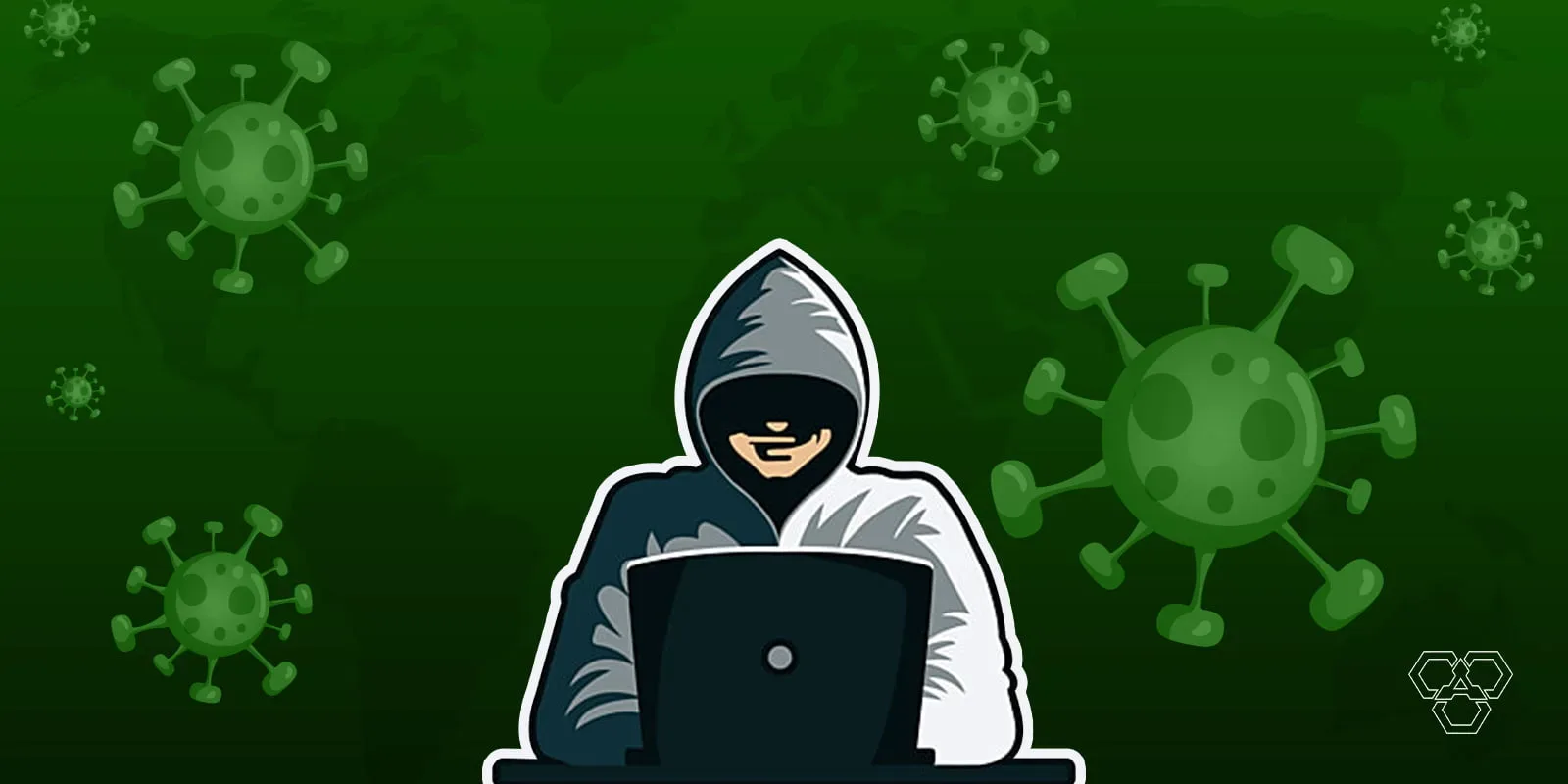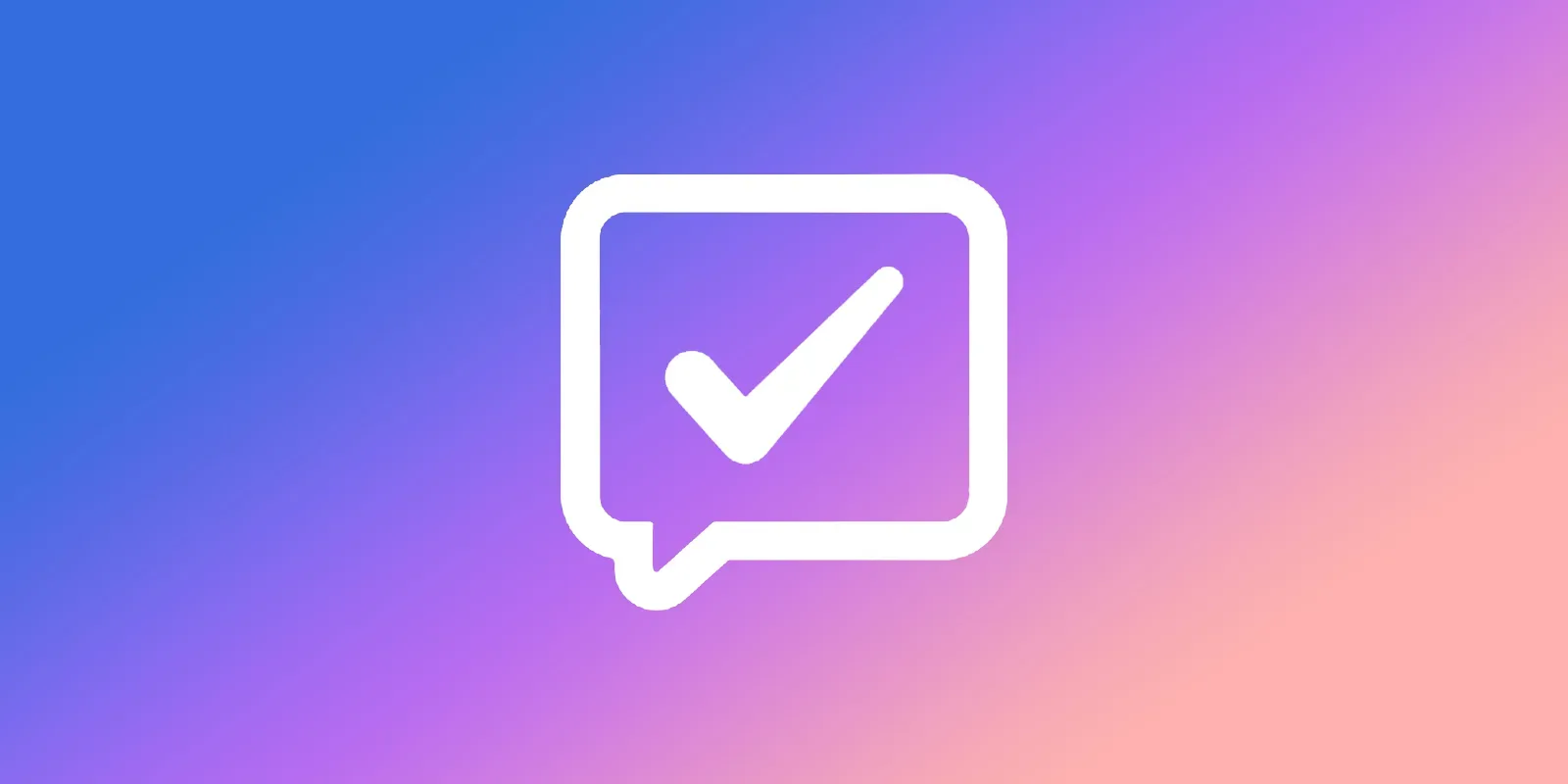Cybersecurity during COVID-19 is facing tremendous challenges, and it is very likely that after the pandemic crisis ensuring secure connections and preventing data breaches will remain of paramount importance.
When your workforce is at home safely away from the COVID virus, they are at the same time exposed to cyber-attacks. To infect a computer, an Internet network and some IT knowledge are needed. Unfortunately, as our lives become more reliant on us being online, there are more cybercriminals to take advantage of it.
Remote working during the pandemic has opened many vectors for cyberattacks, and it is mostly because home networks and private employees’ devices are not adequately protected. Small businesses are especially prone to attacks (or think they have) no resources to provide security to sensitive data like payments and information about clients.
Often even small actions can contribute to better cybersecurity within the firm. Proper training of employees in the field of cybersecurity, a backup when you need a recovery of your data, and data encryption will help you keep your little business safe and sound.
This article will teach you how to maintain cybersecurity in a post-COVID-19 world.
Phishing attacks
During the pandemic, the number of phishing attacks has risen significantly. Fake COVID alerts were broadly used to trick Internet users into obtaining confidential information.
Employee education is always the first line of defense against malicious attacks. However, when it comes to phishing, this is especially important.
Phishing, as an attack based on manipulation methods aimed at phishing out sensitive information, uses the weakest point in computer network protection – user’s errors. Employees should be trained so that the authors of false information, often pretending to be real institutions, never use them for their own purposes.
Network security
People who are now working from home usually have switched from an encrypted corporate internet connection to their home network that often lacks security. There is often a network with basic security at home, often with a weak Wi-Fi password. Not having a strong password leads to little protection against unauthorized access.
Besides the laptop and smartphone used by a remote worker, several other devices are in the home network. All of those internet-connected devices possessed by other family members are like magnets for any malicious agent to penetrate the system.
Such an infected device is hazardous to the company’s resources because it can access malicious software when it connects back to the corporate network. Computer viruses, without hesitation, use such a conveyor to attack their primary victim – the company.
“Zero Trust” network
“Zero trust” network is a concept that requires stringent authorization rules with passwords and double user verification for all the devices. An internet connection provider won’t fix some vulnerabilities, so instead of fixing this, “zero trusts” is based on passwords.
Remotely accessed corporate systems will become safer if home networks used by remote workers are secured as such. The process might mean that you don’t get online immediately as it will require authorization, but your business data will be protected at the same time.
Additional protection
All small businesses should protect their resources with something more than just a free antivirus. Also, employees working remotely should use the same data protection that was in force in the company during the normal performance of activities before the pandemic.
If you lose your data due to a cyber-attack, It will help if you had a plan B in mind in advance. The way to save lost data would be to create a backup. Unfortunately, the problem is that you have to think about it before your data is stolen or deleted. You can make backups at regular intervals or use the auto-save function to save having to set reminders.
Conclusion
Maintaining an efficient cybersecurity strategy during and right after the pandemic can by no means be considered easy. Usually, it needs time for research, planning, and implementation of procedures, but now timeframes are different. Company owners need to act quickly to overcome genuine problems.
In these times, ensuring the continuity of customer service and uninterrupted business is very important. The solutions found now will prove to be universal and will serve as a solid basis for future safety planning.







Share Your Thoughts